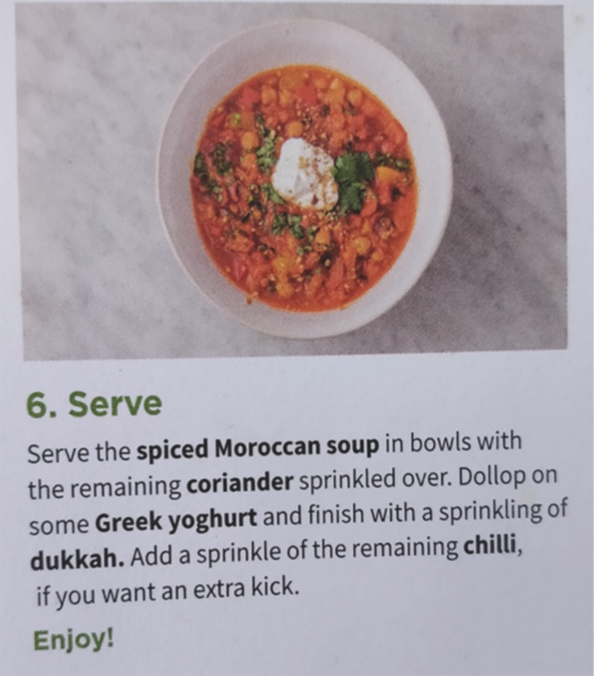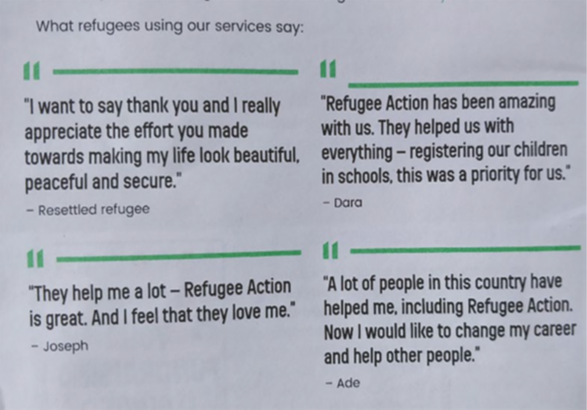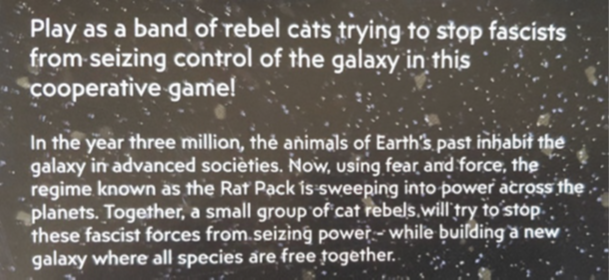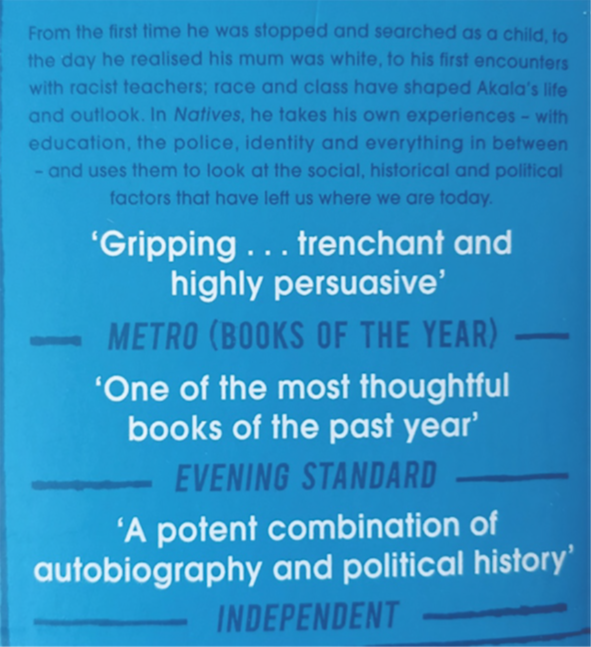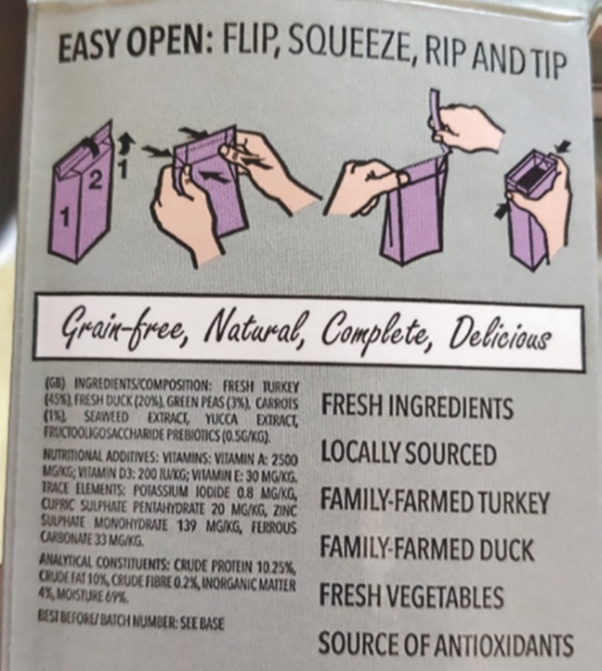English Language and Literature Combined Preparation
Year 11 to year 12 A Level Preparatory work for:
Combined English Language and Literature.
Welcome to the English Department.
While there is a significant jump from GCSE to A Level, in completing the enclosed activities, you will work towards narrowing the gap in preparation for your A Level studies from September.
There is one compulsory activity and then you should choose a minimum of two others to complete before you join us in September. These activities will be looked at by your teachers and will form the basis of the first few lessons of your A Level course.
We hope you find them interesting!
The aim of these tasks is to introduce you to the topics and texts you will study during the course. The course itself consists of an exploration of a range of fiction and non-fiction texts with use of analytical methods marrying linguistic and literary disciplines. You will also have the opportunity for creative writing as part of the course, when re-casting a section of a novel from a different perspective.
Across the A-level course, you will be assessed in three components:
Paper 1- ‘Telling Stories’ - 40% of A Level. In the exam, you are required to answer a question about an anthology of non-fiction texts about Paris (you will get this anthology when you start the course). You will then be given a choice of two essay questions on The Handmaid’s Tale and then a question on the poetry of Robert Browning.
Paper 2- ‘Exploring Conflict’ - 40% of A-level. In the exam you are required to complete a piece of creative writing based on the novel, The Great Gatsby before writing a commentary to explain the choices you have made. Then, you will answer your choice of essay question on the play Othello.
NEA - ‘Making Connections’ (coursework element)- 20% of A-level. Your own choice of two texts (one fiction, one non-fiction) in which you explore either their use of a particular technique or their treatment of a particular theme
We look forward to seeing you in September.
Compulsory Preparation Task
You will find eight ‘texts’ below. These might not be the kind of texts you’ve analysed before, but they are all worth analysing because they have been created to communicate in some way.
• Have a quick look at each text and think about the following:
o What they are about
o What they might mean – the ideas, messages, opinions, personalities being expressed
o How they use different methods of communication: design, colour, vocabulary choices, structure, style, interaction.
• Choose three texts and use the questions below to make notes about how they compare in their uses of language.
• Once you’ve done this, think about gathering your own set of texts from the world around you. Like these texts here, your texts could be written, spoken, online, serious, silly, informative, clever and/or important. Try to find at least five interesting texts and use the same questions to help you think about them.
Questions to ask about your choice of texts:
• What is the language in each text designed to achieve? Do you notice any differences between the three you have chosen?
• How have visual elements been used in the texts? Any differences?
• If any of the three were originally spoken, do you notice anything distinctive about them?
• How easy or difficult is it to analyse some of these texts? Does it feel like you can analyse them in the same way as a piece of literature, for example?
While analysing these types of text might be a new experience for you, the ways in which you explore and analyse them will build on things you’ve done before with grammar (verbs, nouns and phrases, for example) and some will build on the work you’ve just been doing for GCSE.
The texts are:
A) A DJ presenting a trailer for a radio show
B) Part of a recipe for a meal
C) A section of a leaflet from Refugee Action
D) A description of the boardgame, Space Cats Fight Fascism (TESA Collective games) on the back of the box.
E) The blurb from the back of a book (Akala’s Natives, published by Two Roads).
F) A dog food carton
G) Part of a radio commentary on a football match.
|
A
|
On tonight’s show, we’ve got Fontaines DC live in the studio, old session tracks from The Chameleons, Ruthless Rap Assassins and Half Lazy plus all the usual mixture of weird, wonderful and just a bit wonky music from all around the world. Join me after nine tonight for the last of this week’s Evening Shows.
|
|
|
|
||
|
B |
|
|
|
|
||
|
C |
|
|
|
|
||
|
D |
|
|
|
|
||
|
E |
|
|
|
|
||
|
G |
|
|
|
|
||
|
F |
And it’s controlled beautifully by Jack Harrison who beats his man and whips a ball across the face of goal. It’s an inviting ball aaaaand it’s Ben White who gets on the end of it to put it past the keeper’s outstretched hand. First goal of the season for the central defender and what a great team goal that was.
|
|
Voluntary Preparation Tasks
Voluntary tasks
-
Please watch the following YouTube videos and make notes on the basics of language analysis.
(Highly recommended viewing either now or during the course)
A video talking through language levels used when analysing non-fiction texts:
A video explaining the different language levels used in discourse analysis:
-
Reading as often and as widely as you can is the best preparation for A-level study. Here are some texts which, would be excellent wider reading for this course
-
George Orwell - Down and Out in Paris and London (autobiographical, travelogue for Paris anthology) AVAILABLE AS EBOOK - SEE THE LAST PAGE FOR INSTRUCTIONS ON HOW TO ACCESS THIS.
-
Georges Simenon - Maigret and the Man on the Bench (an atmospheric Parisian detective story)
-
Ernest Hemingway - A Movable Feast (autobiographical travelogue, largely in Paris)
-
Do We Need New Words?
The English language is always generating new words. New words can be created out of nothing (neologisms) or be formed by using other words – or parts of words – together in new combinations (what are called compounds and blends). Sometimes initials of words in a phrase might be used (acronyms and initialisms) and you might also see parts of words being added to the front or end of another word to give it a new form (prefixes and suffixes).
• Look at the list of some of the new words that have appeared (or suddenly become much more popular) in English over the last few years.
• Have you heard of these words before? Have you used any of them? Tick the relevant columns for each word.
• Choose two words from the list that you think are an important addition to the language. Try to come up with a sentence or two explaining why they are so important.
• Then choose two words from the list that you think are pointless and insignificant. What’s the problem with these words and why do you think they shouldn’t be included? Again, write a sentence or two explaining your thinking.
• Are there any other new words – or new meanings for older words – that you have heard about? Perhaps you could make a note of new and interesting uses of words over the next few months.
|
Recent New Words |
Definition |
Have heard/seen this word being used |
Have used this word myself |
|
Floss |
A dance in which people twist their hips in one direction while swinging their arms in the opposite direction with the fists closed. Popularised by the game Fortnite. |
|
|
|
VAR |
Video Assistant Referee. A system used in football to assist refereeing decisions. |
|
|
|
Gaslight |
To manipulate or trick someone by pretending that they cannot trust what they see or hear until they doubt their own sanity. |
|
|
|
Twerking |
A way of dancing that involves bending forward and shaking or thrusting your buttocks in a rhythmic motion. |
|
|
|
Dadbod |
A term used to describe the typically flabby and unsculpted male physique that most dads have. |
|
|
|
Cancel culture |
A way of describing the movement to ‘cancel’ - to publicly disapprove of and then attempt to ignore - celebrities or organisations because of their perceived immoral or unpopular actions. |
|
|
|
Climate strike |
A protest in which people leave work, school or college when they should be attending to take part in a protest about climate change. |
|
|
|
Influencer |
A person who uses social media to promote a particular way of life or commercial products to their online followers. |
|
|
|
Nonbinary |
A word describing a sexual identity that does not conform to binary categories of male and female. |
|
|
|
Hamsterkaufing |
Stockpiling food like a hamster storing food in its cheeks (from German) |
|
|
|
WFH |
Working From Home |
|
|
|
Mansplaining |
A patronising way of explaining something (by a man to a woman). |
|
|
-
Playing with a text
Take a short extract from a novel you know well (for example, A Christmas Carol, Jekyll and Hyde) and experiment turning it into a piece of drama
Write a short piece explaining what changes you had to make, and is anything lost in transformation? Is anything gained?
Kenilworth School eBook Library
Use the link below to access the new Kenilworth school eBook Library from VLEBooks.com
The username and password for the library are the same as your school email address and password. If you are already logged into your school email you may be automatically sent to the eBook library, if you are presented with the screen above, please click on the Office 365 button and enter your details
Once logged in you will be able to search through the books available. You can either read the book online if you are using a suitable device and have a stable internet connection or download to your device to read offline.
Download books quickly and easily to read offline
To download books, you need a device that is compatible with Adobe DRM and an Adobe account. Some students will need to get an adult to register for this.
If you are using a phone or tablet there are free Apps available from the App Store and Google Play Store for Apple and Android devices. At present it is recommended that you use Aldiko to read your downloaded books. Once you have downloaded Aldiko and signed in you can then connect our eBook library. You will only need to go through this process once to get your device set up.
-
Open the Aldiko app and sign in
-
Click on the three lines to open the menu
-
Scroll down to the “Get books” section
-
Click on “My catalogs”. You will then need to add our eBook library
-
Click on the green + then others
-
Give it a title then enter the link above
-
You will then need to sign in with your school username and password
-
You can now download a book using the instructions on the next page which will then appear on the Aldiko bookshelf
Downloading a book from the Library
-
To download a book from VLeBooks.com, click the download button from the search results
-
On the pop-up, choose how long you need to loan the book for and click download:

